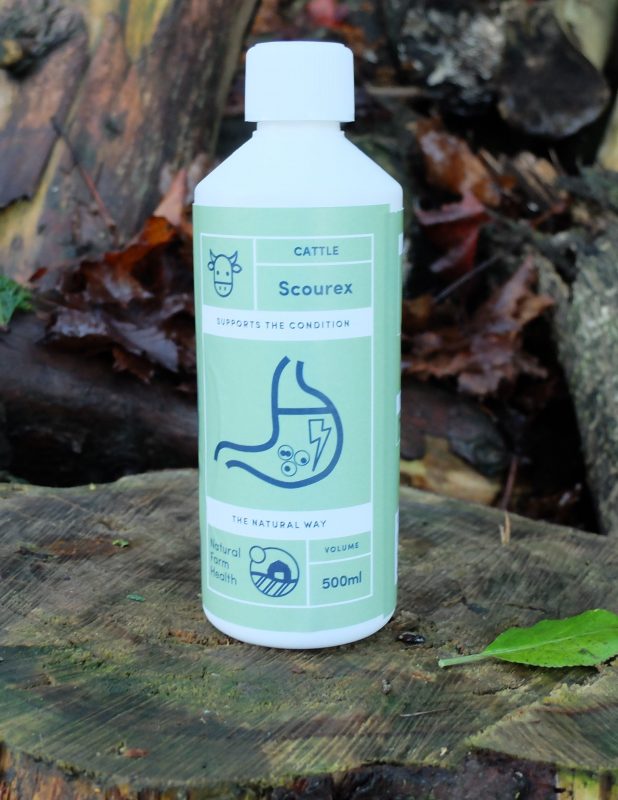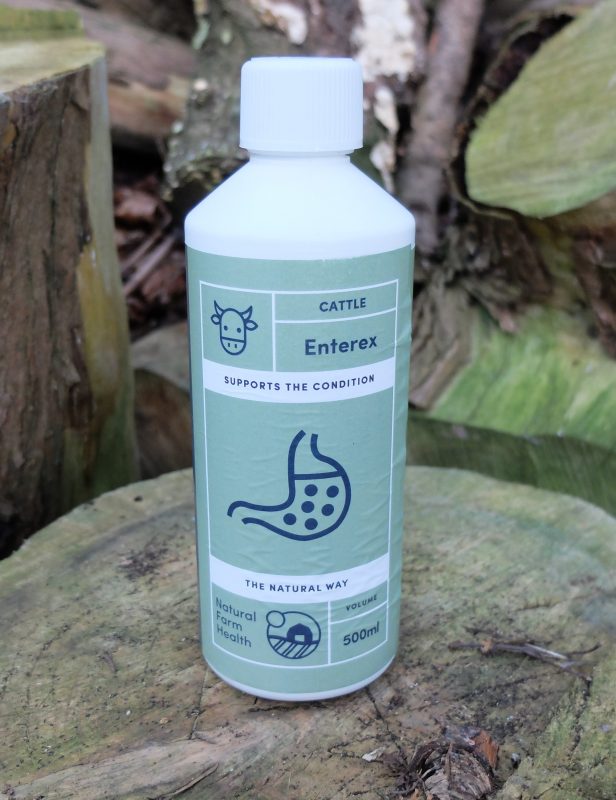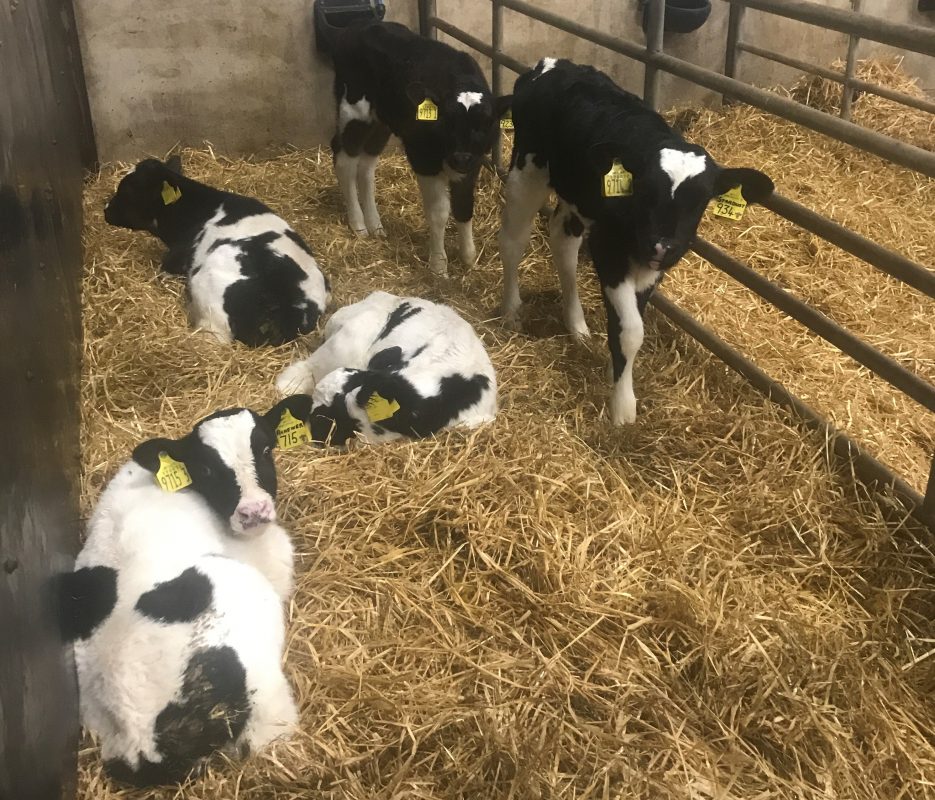Cattle
Calf scour – how to prevent and treat scour in calves
The success of any cattle enterprise and its future depends on the survival of its calf crop. The Natural Farm Health team has been working with both dairy and beef farmers in Northern Ireland for many years helping farmers overcome the challenges which calf scour can present on their farms.
Ideally a farm would like to have zero cases of diarrhoea however this is often far from the reality on some farms. Overcoming a calf scour problem may be a case of either preventing it from occurring at the start of a new calving campaign or it may be the controlling of an existing outbreak which in some instances can affect more than 50% of calves. Severe outbreaks of scour can become a major cause of stress to those responsible for the wellbeing of the calves.
The three main challenges to ultimate success or failure of dealing with calf scour on the farm are:
- Environmental challenges
- Nutritional challenges
- Pathogenic challenges
Calf Scour and Environmental Challenges
Where the cow calves can have a very big influence on the initial well-being of the calf. Has it been suitably cleaned and disinfected beforehand? Manure is a significant source of pathogens and the greater the calf’s exposure to this, then the greater the risk of infection to the newborn calf.
The calf house should be thoroughly cleaned before the start of a new calving season and thoroughly disinfected with Enviromist along with suitable dry bedding and ventilation.
Calf Scour and Nutritional Challenges
Calves are born with no natural resistance and they have to get it from the colostrum in their mother’s milk. It’s very important to get quality colostrum into them as soon as possible. The sooner it is given to the calf the better for the development of the calf’s immune system. For each hour delayed in feeding colostrum within the first 12 hours of life, its chance of becoming ill increases by 10%. Additionally later on, if calves are fed milk substitute as opposed to cow’s milk, the correct reconstitution of it is very important otherwise digestive upsets can occur.
The nutrition and proper feeding management of the dry cows should not be overlooked prepartum. They should be provided with suitable vitamins and minerals to prevent deficiencies and the optimisation of colostrum quality.
Calf Scour and Pathogenic Challenges
There are a variety of infectious factors that can cause diarrhoea such as viral (coronavirus and rotavirus), bacterial (E coli and Salmonella), protozoal (Cryptosporidium and Coccidia) and parasites.
How Natural Farm Health can help?
We recommend three different products to prevent and deal with calf scour:
- Cleaning – use Enviromist for thorough cleaning. It is a combination of organic acids and herbal extracts with natural antimicrobial properties which can be used as part of the cleaning and preparation of housing.
- First signs of scour – at the first signs of scour in calves, use Scourex which has a unique combination of specially selected ingredients to help support the calf’s own immune system deal with scour.
- Preventing scour – if prevention is preferred, then talk to us about Enterex which is suitable for calves at 2-3 days old to support a strong immune system.
For more information about any of these products, please call 07711 461133 or email info@naturalfarmhealth.co.uk.

SCOUREX – natural support for calf scour (500ml)

ENTEREX – natural support to help prevent calf diarrhoea (500ml)


